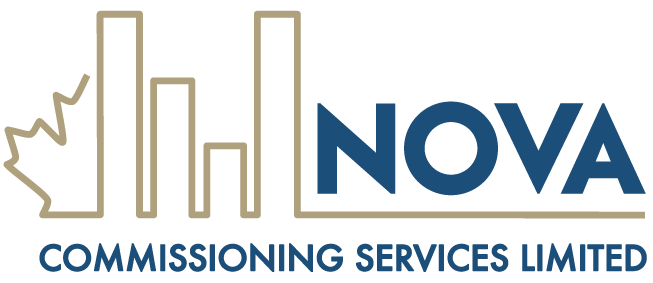Benefits of Commissioning
- Improve building performance by saving energy and reducing operational costs
- Identify and resolve building system operation, control and maintenance problems
- Reduce or eliminate occupant complaints and increase tenant satisfaction
- Improve indoor environmental comfort and quality and reduce associated liability
- Document system operation
- Identify the O&M staff training needs and provide such training
- Minimize operational risk and increase asset value
- Extend equipment life-cycle
- Ensure the persistence of improvements over the building’s life
- Assist in achieving LEED for Existing Buildings
- Improve the building’s ENERGY STAR rating
Improve
- Air quality
- Occupant productivity
- Equipment life
- Comfort
- Maintainability
- Facility staff preparedness
- Energy performance
Commissioning Sets clear measurable goals for everyone:
- Verifies goals are being met throughout the design and construction phases
- Establishes accountability
- Changes the way people perform
- Allows designers and contractors to measure success as well as deficiency
Identifies issues & corrects deficiencies:
- Design errors
- Failed equipment
- Improper installation
- Poorly tuned controls / improper sequences
Contractors focus on quality work:
- improves submittal process
- timely delivery of O&M materials
- catch errors at the start of installation
- test finished work to verify operability
- creates team atmosphere and accountability
Quality Process:
- Prevents problems
- Designers focus on owner needs
- correct design issues early in design
- improves specifications & design documents
- reduces RFI’s & change orders
Commissioning benefits all teams involved.
Owners
Commissioning benefits the owner by confirming the operation and performance of the building, by a third party which is independent to the design and construction teams.
The Commissioning Agent acts in the owner's interests towards building design, operation, performance, maintainability, and completeness. By ensuring each component of the building or system is operating a peak performance, the overall operational cost of the building will be minimized. As well, a baseline of operational performance is established which can be used as a reference for troubleshooting if problems occur.
Contractors
Commissioning benefits the contractor by resolving design and construction issues during the construction phase where it is much easier to correct.
Corrections after the building is occupied, will have to be done during night or weekend hours. Commissioning also confirms the operation of the equipment or system. If a problem happens after the verification date, the contractor has documented proof that the system was in operating condition and does not get the typical response “this machine never worked right from the beginning”. The impact of a commissioned project will result in less callbacks for the contractor and greater satisfaction by the client which might result in more projects for the contractors.
Project Managers
The role of commissioning was primarily performed by the project manager. By employing a Commissioning Agent, a single point contact for the resolution of commissioning issues is achieved. This reduces the workload of the project manager, allowing more concentration to other issues of the project.
Designers & Engineers
Commissioning should be considered an opportunity for the design professional to evaluate the engineering practices and concepts of the design. Reviewing the data collected during the commissioning process, will result in more refined building designs on future projects and more client satisfaction with the final product.
